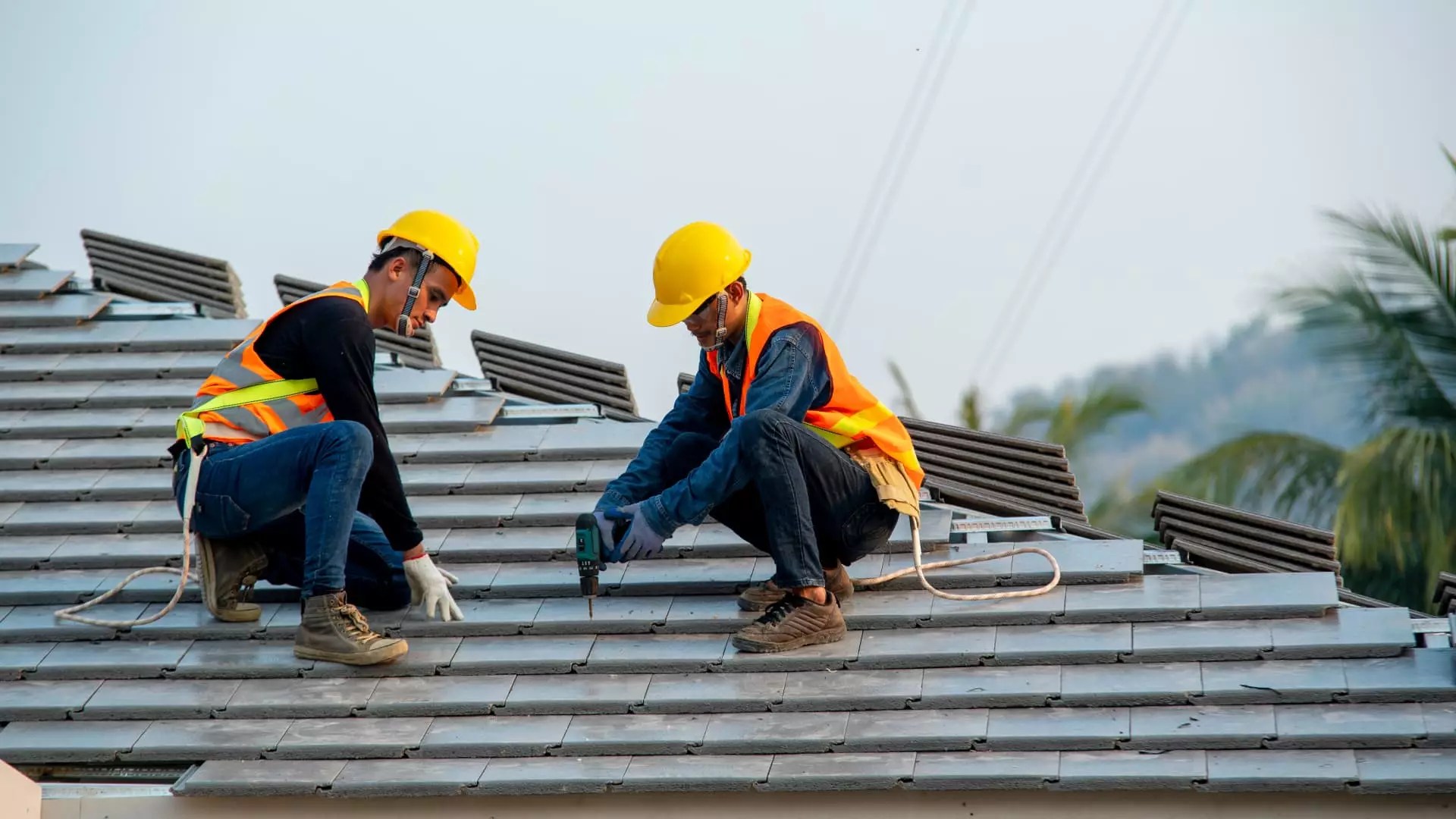Home repairs and renovations can often feel like a financial black hole for homeowners. With the potential for costs to escalate rapidly, many individuals are willing to compromise when it comes to choosing a contractor. A recent study by Clever Real Estate revealed that approximately one in three homeowners might consider hiring contractors with dubious backgrounds or insufficient experience to save on upfront expenses. While budget constraints are a significant factor in these decisions, opting for less reputable contractors can lead to troubling consequences down the line.
Statistics show that while reputation plays a pivotal role in the hiring process—accounting for about 25% of homeowner concerns—many still prioritize cost over quality. This perspective can be misleading and may result in inferior work that necessitates further repairs and expenses later.
Engaging a contractor with a less-than-stellar reputation may appear to be a cost-saving tactic, but experts warn that this approach may prove to be a miscalculation. Jamie Dunaway-Seale, a specialist with Clever Real Estate, emphasizes that questionable contractors often inflate their skill claims and deliver shoddy workmanship. “You may just end up throwing money into a pit,” she notes, illuminating how such decisions can lead to more significant financial burdens as time goes on.
Furthermore, Angie Hicks, co-founder of Angi, highlights the importance of choosing contractors with a solid reputation, stating, “I would rather take someone newer to the industry than someone that has a questionable reputation.” This suggestion underscores an essential point: integrity and reliability should be prioritized over potential savings.
The risks become even more pronounced in the aftermath of natural disasters. Loretta Worters from the Insurance Information Institute points out the rise of contractor fraud in these situations. Unscrupulous individuals can exploit homeowners’ desperation following calamities, leading to further heartbreak and loss. The federal government also sounds the alarm, warning about potential scams and price gouging in the wake of disasters. Homeowners need to be especially vigilant; the wrong choices can exacerbate their difficulties after a storm or other calamity.
Considering the impending threat of storms like Hurricane Milton, which could cause unprecedented devastation, it’s imperative for homeowners to research contractors thoroughly before hiring. Failing to do so could mean becoming a victim not just once, but twice—first to the natural disaster, and then to fraudulent practices.
Finding Reputable Contractors
Amid the marketplace’s complexity, homeowners can take specific steps to vet potential contractors effectively. First and foremost, investigating a contractor’s reputation should be a non-negotiable step. It’s crucial to seek someone who has positive feedback. This can be gleaned through personal recommendations from friends and family, as well as online reviews. Dunaway-Seale indicates that asking for references is another effective strategy.
If a contractor hesitates to provide references, this can serve as an important warning sign. A robust, confident contractor should readily be able to connect you with previous clients who can attest to their work quality.
After gathering potential candidates, the next step is to scrutinize their credentials. Hicks emphasizes the need for contractors to possess the appropriate licenses and insurance. Different states have varying requirements, which is why it’s essential to verify that the contractor complies with local laws. The National Association of Home Builders advocates that reputable contractors should always provide proof of insurance, further safeguarding homeowners against potential issues.
Engaging with contractors should always be approached with diligence. Initial interactions will give you insight into their professional behavior and operation methods. Ask for detailed written estimates and clearly defined payment schedules to avoid misunderstandings later on. Hicks recommends keeping upfront payments between 10% and 20%, sounding alarm bells for any contractor requiring a significant deposit upfront.
While seeking cost-effective solutions for home repairs is understandable, it’s essential not to neglect the long-term impact of contractor decisions. Homeowners must tread carefully through the myriad of choices available, ensuring they prioritize quality and reputation. By undertaking robust research and following best practices for hiring contractors, individuals can mitigate risks and protect their investments. After all, a sound home improvement job not only enhances your living environment but also preserves the value of your property for years to come.


Leave a Reply